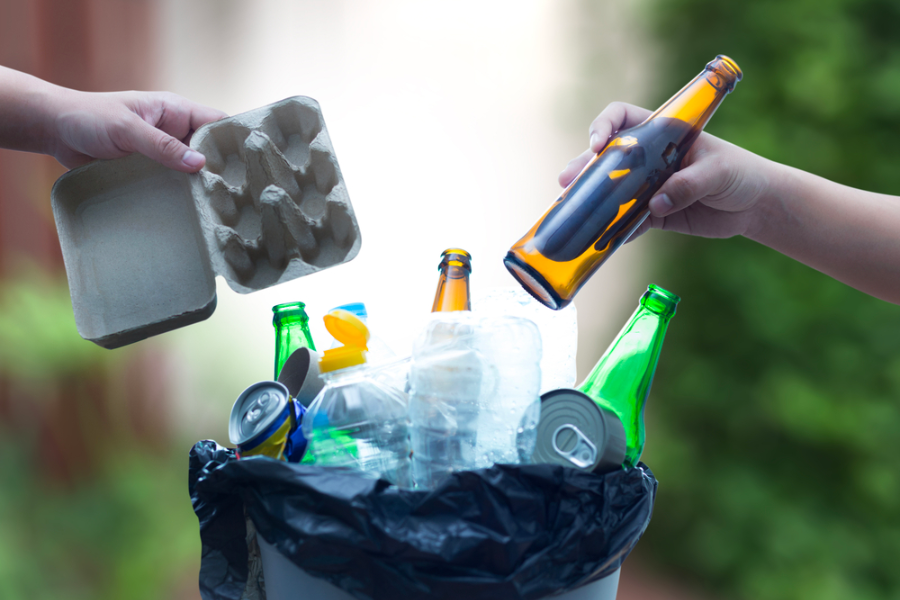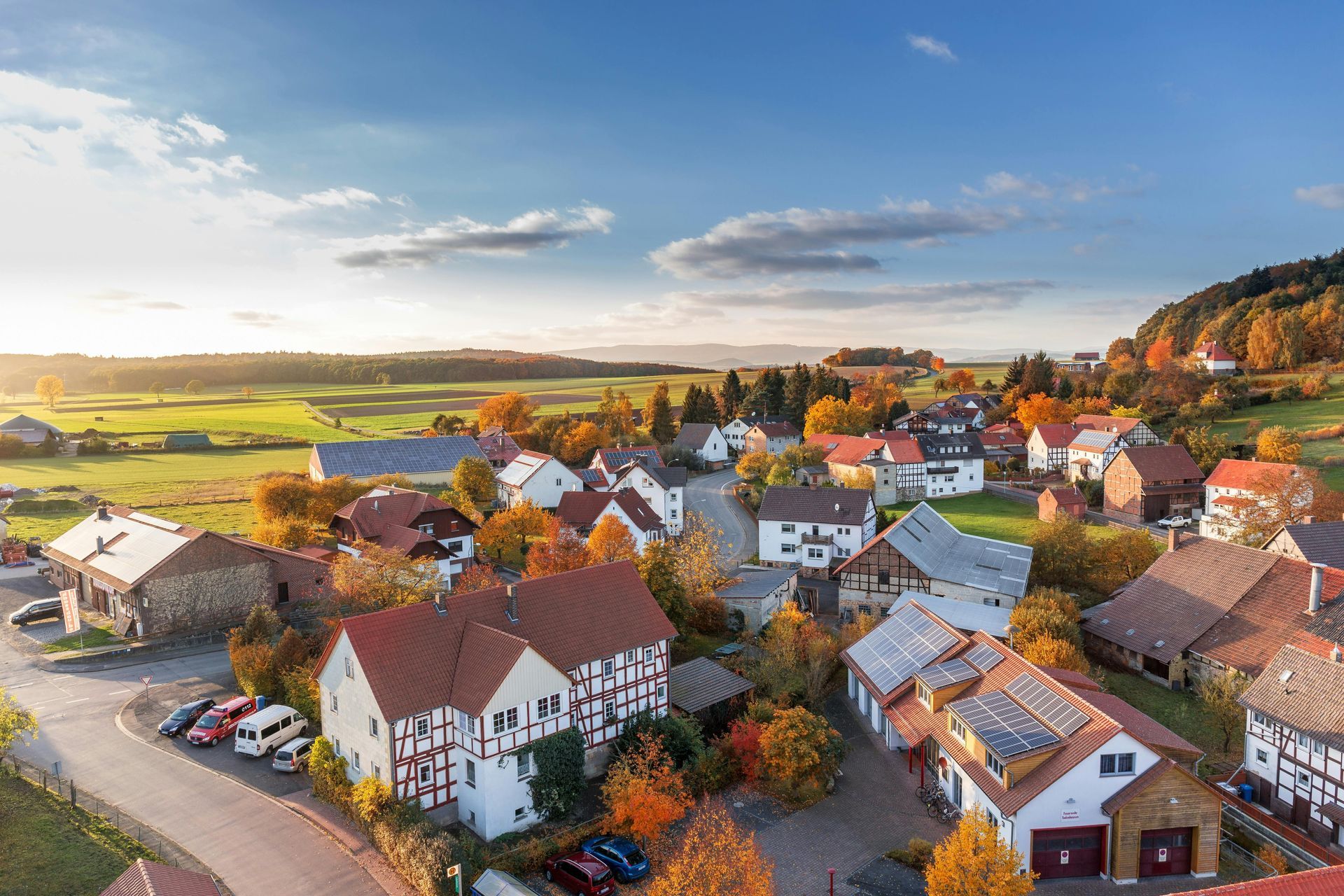Bright Feeds
We are proud to welcome Bright Feeds as a Sustaining Advisory Member of The Northeast Recycling Council
New England-based Bright Feeds, NERC’s newest Supporting Advisory Member, is a “startup solving the food waste crisis by diverting unwanted food from the waste stream and converting it into a high-quality, nutrient-rich animal feed replacement for soy and corn.” Utilizing artificial intelligence (AI) and state-of-the-art drying technology, Bright Feeds accepts all types of food waste from a variety of businesses across the food industry. The company then produces blends for use in a variety of poultry, swine, aquaculture, and cattle feeding operations.
The company’s mission, it states, “is pioneering a new pathway to combating climate change and meeting global food insecurity challenges through innovations in waste management.”
NERC has had a long-standing involvement in solving the critical issue of food waste, as a review of resources on its website confirms. According to a 2021 report from the Environmental Protection Agency (EPA), the climate impact of food waste is “equal to the annual CO2 emissions of 42 coal-fired power plants.” Bright Feeds’ website emphasizes three critical consequences of food waste:
- Forty percent of the current food supply in the US is wasted, which equates to $161 billion in economic cost;
- Ninety-five percent of unused food ends up in landfills or incinerators; and
- Ten percent of greenhouse gases (GHG) comes from methane produced by food in landfills.
In November, 2022, Bright Feeds opened its first food waste processing plant in Berlin CT. The site is licensed to process 450 tons of food waste per day for the next 10 years. “At capacity, our food waste recycling solution is equivalent to removing 33,700 cars off the road every year,” the company states. Bright Feeds also has collection facilities in Massachusetts in order to service New England and parts of New York State.
This year, Bright Feeds was selected to join the third annual Harvard Climate Entrepreneurs Circle, an incubation program for high-potential ventures working to address climate change. According to the Harvard Innovation Labs, “Bright Feeds helps companies meet their sustainability goals and increase profit margins by turning food waste into high-quality nutritious animal feed.”
“Bright Feeds is excited to be a part of NERC and contribute to a shared mission to minimize waste, conserve natural resources, and advance a sustainable economy through collaboration and action. We look forward to working together with other members to solve the food waste crisis in our region” said Laxmi Wordham, Chief Growth Officer at Bright Feeds.
NERC welcomes Bright Feeds to its growing number of Advisory Members seeking to solve the problem of food waste.
For more information about Bright Feeds click
here
Share Post





